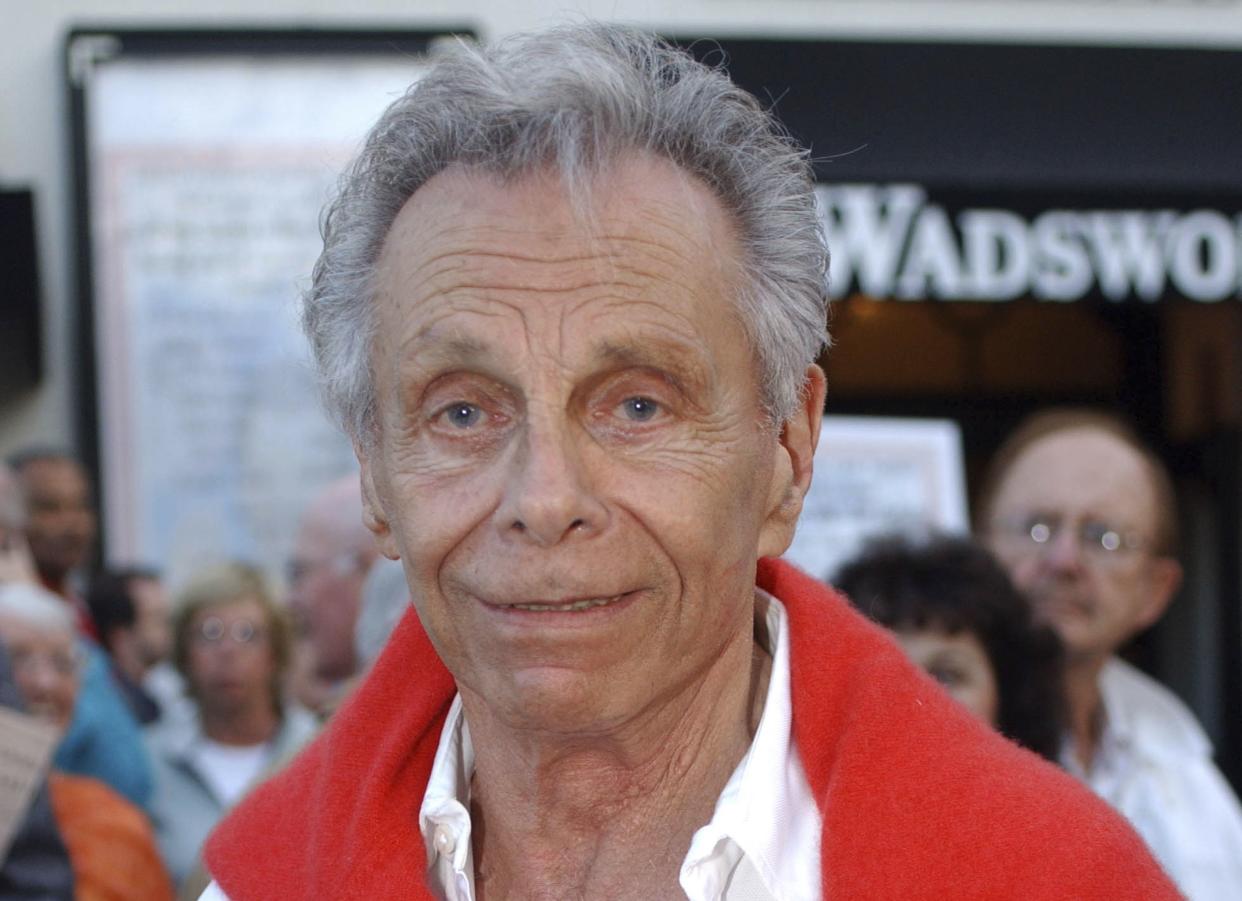Mort Sahl, transformative, biting political comedian, dies at age 94
Mort Sahl, the comedian who transformed the art by diving headfirst into political satire, died Tuesday. He was 94.
Sahl died at his home in Mill Valley, Calif., the Washington Post reported. His cause of death was not announced.
A true iconoclast, Sahl’s goal on stage was to question as many people as possible. He was famous for ending routines by asking, “Is there anyone here I haven’t offended?”

From his start in San Francisco in 1953 to his peak nationwide popularity – complete with a Time magazine cover – in 1960, to his fall from stardom and into Kennedy assassination conspiracies to even his extended career doing local shows near Mill Valley, Sahl never gave up his sharp tongue and even sharper wit.
“I’m still going for the throat,” he told the Library of Congress in 2017. “Comedians have to challenge the power. Comedians should be dangerous and devastating and funny — that’s the hardest part.”
Sahl is credited with the first stand-up comedy album in American history, 1955′s “At Sunset,” which is in the Library of Congress. The album was actually an illegal recording from one of Sahl’s shows, and he told the LoC that he never saw a dime in profit.
But his real legacy is the generations of political satirists that followed. When Sahl took the stage in 1953 at the hungry-i in San Francisco, stand-up was defined by jokesters who were all punchline but no punch.
Sahl’s take no prisoners comic style was a refreshing change of pace, later described by Time as “Will Rogers with fangs.” Though Sahl and Rogers were inspired by similar topics, their styles couldn’t have been more different. Sahl, for his part, hated the comparison.
“I never met a man I didn’t like until I met Will Rogers,” Sahl joked, though he never met the everyman comedian, who died in 1935.
He did, however, go on to nationwide acclaim, well-known enough to host the Oscars in 1959 along with Jerry Lewis, Bob Hope and Lawrence Olivier. His fame peaked in 1960 with the Time cover and the John F. Kennedy presidential campaign, to which he contributed some campaign speech one-liners.
But once Kennedy actually took office, he found himself on the other end of Sahl’s ruthless pen. Sahl fans who knew him for anti-Eisenhower and anti-Nixon roasts learned that Sahl’s true mission was satirizing all politicians, and they didn’t always appreciate Sahl’s Kennedy jokes.
After Kennedy’s 1963 assassination, Sahl’s popularity cratered as he committed to conspiracy theories and began mocking the Warren Commission report on stage. Naturally, he felt his faltering popularity was also the result of a conspiracy.
Still, he continued poking fun at anyone and everyone in the public eye. Sahl was the rare person whose “dip in popularity” eventually meant his own Off-Broadway show in the mid-1980s. At the time, the Daily News described it as “tempting to quote Sahl at length because he’s so wildly funny. For an hour and a half he has our minds reeling with the loony improbability of our world.”
Sahl continued doing stand-up shows into his 90s, mostly at smaller venues near his Bay Area home. Married and divorced three times, Sahl is not survived by any immediate family.
“He was unlike any comedian who had ever been,” author Gerald Nachman wrote. “Except that he was stunningly funny.”
